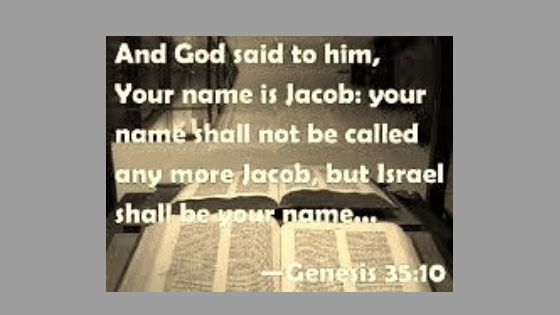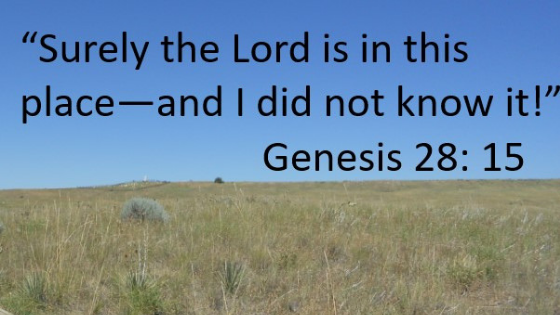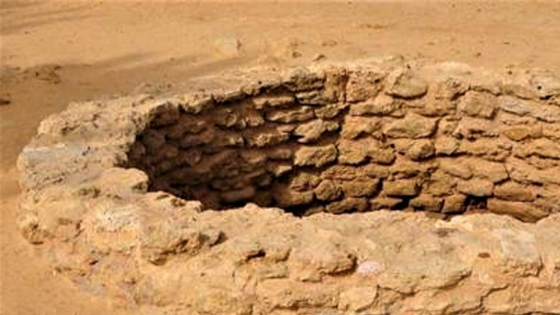
Shabbat Table Talk
Parashat Miketz, Erev Shabbat, 15th of December, 2017
Week of 10th – 16th December
Torah portion: Gn. 41:1-44:1 Haftarah: Zec. 2:1-4,7
Perhaps the most well known Bible story that we had heard as young children is the Joseph story. The firstborn son of Rachel and Jacob, Joseph was favored by his father more than the other children in the family. Joseph was a self-centered and arrogant youth who told of his dreams in a manner that antagonized others. His immature spontaneity created great tension and conflict among his brothers. The unspeakable crime which the brothers committed was not proportionate in relation to Joseph’s actions. They had gravely sinned before God.
Joseph, mistreated so cruelly was in every sense a victim. Enraged, vengeful and dwelling in self-pity would have been an understandable reaction especially since it was family members who had committed this crime. We know little of Joseph’s initial reaction for the story only informs us of the life of Joseph some 20 years later.
In many respects Joseph’s numerous trials reflect a life very much like his father, Jacob. For Jacob, having usurped his brother’s birthright endured many ordeals living under Laban and probably the most excruciating pain was when he went to meet his twin brother, Esau for he feared for his life. Father and son, it seems experienced that the deepest crises of their lives turned out to be moments when they experienced the deepest truths and acquired greater strength.
Joseph’s release from prison came about due to his unique skill in interpreting dreams. So impressed was Pharaoh, (Gn.41:38) that Joseph was then made viceroy of Egypt, second only to Pharaoh. It seems that Joseph instead of passively resigning himself or complaining about his circumstances, creatively sought to serve wherever he was.
Due to a severe famine, Jacob’s sons went down to Egypt. Joseph, in his high position and dressed in Egyptian dress, met his brothers whom he recognized immediately. This is radically different from their last encounter for now the roles are reversed, Joseph is in control. He knows what they do not. He puts them to the test to see if they had changed over the years. Joseph reenacts his brother’s mistreatment of him with them now as the victims. Experiencing these false accusations and helpless to rectify the situation, the brothers recalled their mistreatment of their brother. It was Rueben who spoke up and said to them, “Did I not tell you, ‘Do no wrong to the boy? But you paid no heed. Now comes the reckoning for his blood.” (Gn.42:22)
Joseph’s testing of them did not emerge out of revenge but rather was intended for the brother’s benefit. It was Judah’s humble petition (Gn. 44:32-34) that confirmed for Joseph that the brothers had changed in their hearts and Joseph could no longer control his desire to be reconciled with them. It was God’s hidden plan that was operative at each stage of his journey. Joseph had personally being supported in every situation.
It is not a coincidence that the story of Joseph is read during the celebration of Hanukkah because the theme of oppression and God’s deliverance are present in both. Joseph was a prisoner who through a marvelous series of events became the ruler of Egypt. “What can be learned from this parashat, to prepare ourselves in good days, days in which holiness is revealed, to set the light in our hearts, to be there in times when holiness seems far off.” (Etz Hayim, 250)
For Reflection and Discussion: [1.] Joseph truly was ‘his brothers’ keeper;’ what can we learn from his life? [2.] How can we maintain faith and trust in God when wronged and unjustly accused? [3.] We need to remember that we can be both perpetrator and victim.
Bibliography: Etz Hayim, Torah and Commentary (New York, 2001); Nehama Liebowitz, New Studies in Bereshit Genesis (Haomanim Press, Jerusalem)
This week’s teaching commentary was prepared by
Rita Kammermayer, nds, B.A, B.Ed, Masters of Pastoral Studies, Jerusalem
Bat Kol alumni/2001
[Copyright © 2017]
………………………………………………………………………
PLEASE NOTE: The weekly Parashah commentaries represent the research and creative thought of their authors, and are meant to stimulate deeper thinking about the meaning of the Scriptures. While they draw upon the study methods and sources employed by the Bat Kol Institute, the views and conclusions expressed in these commentaries are solely those of their authors, and do not necessarily represent the views of Bat Kol. The commentaries, along with all materials published on the Bat Kol website, are copyrighted by the writers, and are made available for personal and group study, and local church purposes. Permission needed for other purposes. Questions, comments and feedback are always welcome.
………………………………………………………………….
1983-2017
Bat Kol Institute for Jewish Studies, Jerusalem
“Christians Studying the Bible within its Jewish milieu, using Jewish Sources.”
Website: www.batkol.info Commentary Admin: gill@batkol.info



